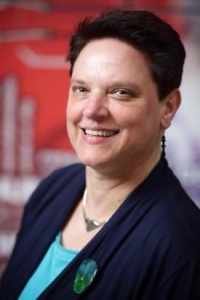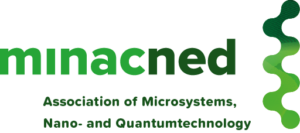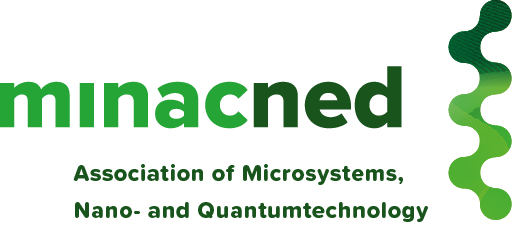
During the online cluster meeting ‘Components’ organized by FHI, Industrial Electronics on Wednesday 2 September 2020, Dr Janny van den Eijnden-van Raaij, Managing director hDMT (Dutch Organ-on-Chip Consortium) will take you on a journey through the developments of Organ-op-Chip technology. In this cluster, members of FHI discuss market developments, the future of the market and challenges in an informal setting.
Organ-on-chips are microfluidic devices with living cell structures that, under controlled conditions, can mimic the dynamics, function and physiological response of an organ. These cells may be derived from stem cells from a healthy individual or patient, thus bringing their genetic properties into the chip. Organs-on-Chips can thus serve as tools for personalized medicine, but also as test systems for the development of drugs by pharma, as well as for food supplements, cosmetics and chemicals. This promising technology meets the need for better model systems than current conventional cell cultures and animal models.
Under the leadership of hDMT, the Dutch Organ-op-Chip consortium, a European roadmap has been drawn up, describing the steps to be taken to put the Organ-on-Chips into practice and market them. The main challenges are the qualification and standardization of the models.
hDMT takes the lead in setting up independent test centers, where newly developed Organ-on-Chips are characterized and qualified for a specific purpose.
Following the example of the Electronic Components and Systems industry, open technology platforms are being developed for standardization, offering a standardized interface and control for microfluidic chips from different makers. Within the framework of the roadmap, the recently established European Organ-on-Chip Society is committed to the acceptance of the Organ-op-Chip models by regulatory bodies and end-users by promoting dialogue between all stakeholders.
Sign up for the cluster meeting at FHI website.



